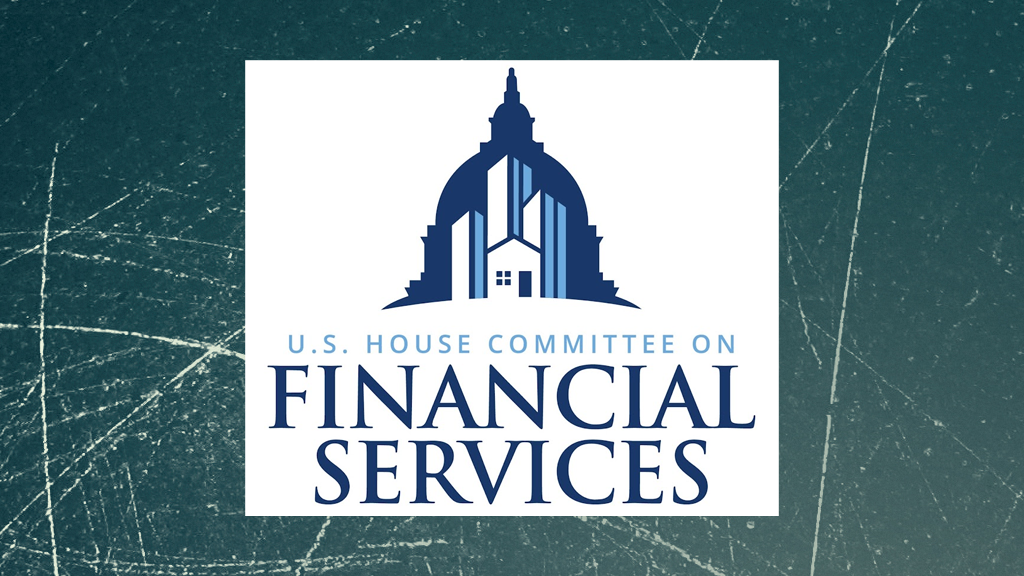The United States House of Representatives was buzzing with crypto-related chatter on April 27, as the Financial Services Committee and the Agriculture Committee held hearings with nearly identical titles and identical subject matter and conclusions.
In “The Future of Digital Assets: Identifying the Regulatory Gaps in Digital Asset Market Structure,” the Financial Services Committee heard from Zachary Zweihorn, a partner at Davis Polk, who argued that “securities market structure laws and regulations do not align with digital asset securities.” He said:
“We’ve all heard the siren’s call to ‘come in and register.’ It sounds enticingly attractive. But this is an oversimplification that conflates registration, which may theoretically be possible, with compliance, which is not.”
Professor of law at American University Hilary Allen, a prominent opponent of cryptocurrencies, disagreed with Zweihorn.
“This is a misdirection,” she said of the industry’s claim of incompatibility with current regulations. “It is possible for a blockchain-based technology business to comply with existing investor protection and financial stability regulation.”
Daniel Gorfine, founder and CEO of Gattaca Horizons, was a moderate voice in the discussion. He said:
“Some of the problems we have observed in the crypto space over the past year are a result of too much focus on novel digital assets rather than real-world applications that yield productive gains and improve lives.”
Similar sentiments were expressed at the Agriculture Committee hearing titled “The Future of Digital Assets: Identifying Regulatory Gaps in Spot Market Regulation.”
Looking forward to testifying in the House Financial Services Committee today at 2 ET! Livestream: https://t.co/fWH7etJQH6
— Marta Belcher (@MartaBelcher) April 27, 2023
Daniel Davis, a partner at Katten Muchin Rosenman, stated that a significant portion of the spot market for digital assets falls outside the purview of the Securities and Exchange Commission (SEC) and the Commodity Futures Trading Commission (CFTC).
For example, digital assets that are neither securities nor leveraged retail commodities products are not regulated, although the CFTC has a “backward-looking authority” to prosecute fraud.
The SEC identified two of the most actively traded digital assets as securities. In contrast, seven have been identified as commodities by the CFTC, leaving substantial confusion even among the most actively traded assets.
Several witnesses illustrated the deficiencies of the current SEC regulatory framework when applied to cryptocurrencies.
Purvi Maniar, assistant general counsel for FalconX, stated that mandatory SEC disclosures would render peer-to-peer transactions impossible.
Former CFTC Chairman Timothy Massad stated that regulatory gaps made market issues like the FTX collapse conceivable. He recommended that the SEC and CFTC draft guidelines for all unregulated Bitcoin and Ether traders.
He directed the audience to the December opinion piece he and former SEC chairman Jay Clayton authored for The Wall Street Journal.
Digital asset securities are “regulated out of existence or at the very least out of the United States,” according to Joseph Hall, a partner at Davis Polk.
In addition, he argued that digital assets are “of a different nature than their predecessors” and are not adequately regulated under the current SEC framework. He said:
“I believe competition between our regulators is a feature, not a bug, of our system. So I believe it is time to move on beyond the tired debate.”
Next month, the two committees will conduct a joint hearing.












